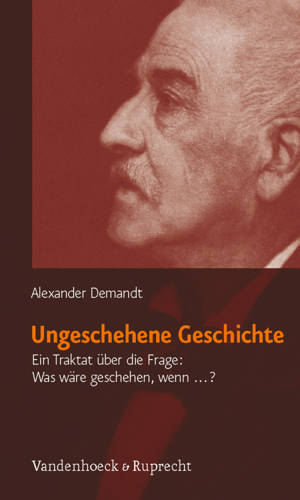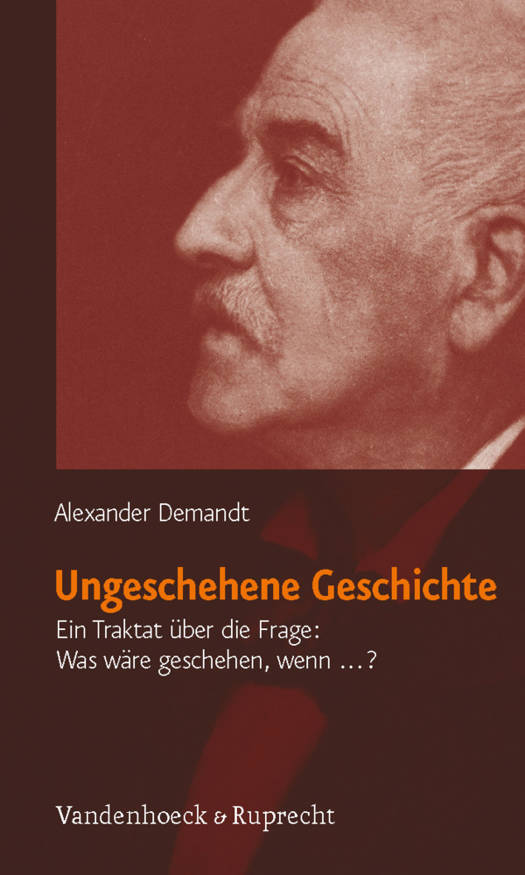
- Afhalen na 1 uur in een winkel met voorraad
- Gratis thuislevering in België vanaf € 30
- Ruim aanbod met 7 miljoen producten
- Afhalen na 1 uur in een winkel met voorraad
- Gratis thuislevering in België vanaf € 30
- Ruim aanbod met 7 miljoen producten
Zoeken
Ungeschehene Geschichte
Ein Traktat Uber Die Frage: Was Ware Geschehen, Wenn ...?
Alexander Demandt
Paperback | Duits
€ 22,95
+ 45 punten
Omschrijving
The question What would have happen if ...? is still considered by many historians to be an unproductive gimmick. Alexander Demandt reminds us, however, of Friedrich Schiller's assertion that culture can unfold only in this game. If this is true, then it also holds true in some ways for science. The playful use of possibilities is just as important as research in accordance with proven methods. Not only possibility, but thoughtful further analysis of historical alternatives are the focus of this little book: What would have happened if Hitler had died in 1938, or the German peasant war of 1525 had succeeded? What if Jesus had been pardoned by Pontius Pilate, or Hannibal had marched on Rome after the victory at Cannae? In original and sometimes brilliant diction (Frank Schirrmacher, FAZ) Demandt also shows that, and how, we can justify the thinking of unrealized alternatives in the history of science. German text.
Specificaties
Betrokkenen
- Auteur(s):
- Uitgeverij:
Inhoud
- Aantal bladzijden:
- 190
- Taal:
- Duits
Eigenschappen
- Productcode (EAN):
- 9783525300206
- Verschijningsdatum:
- 24/03/2011
- Uitvoering:
- Paperback
- Formaat:
- Trade paperback (VS)
- Afmetingen:
- 123 mm x 205 mm
- Gewicht:
- 576 g

Alleen bij Standaard Boekhandel
+ 45 punten op je klantenkaart van Standaard Boekhandel
Beoordelingen
We publiceren alleen reviews die voldoen aan de voorwaarden voor reviews. Bekijk onze voorwaarden voor reviews.











